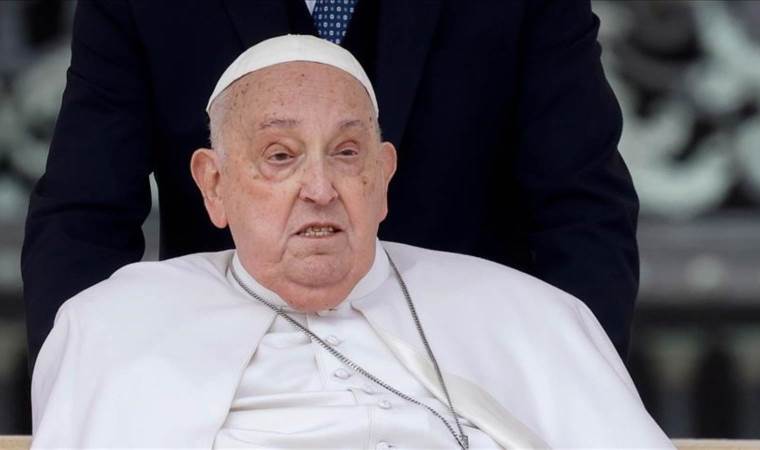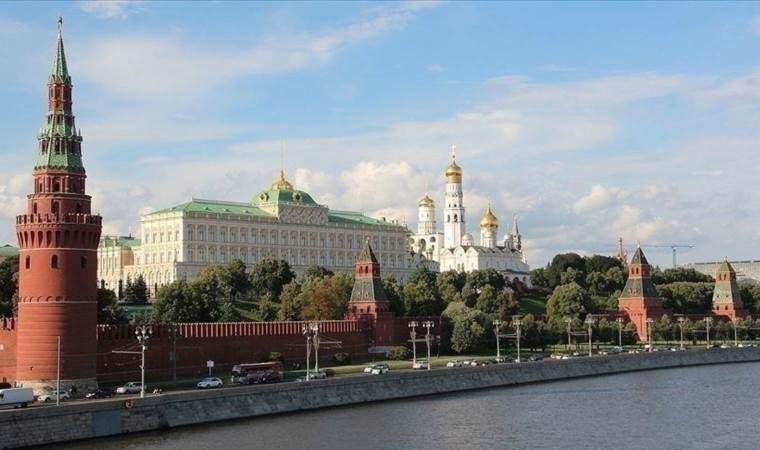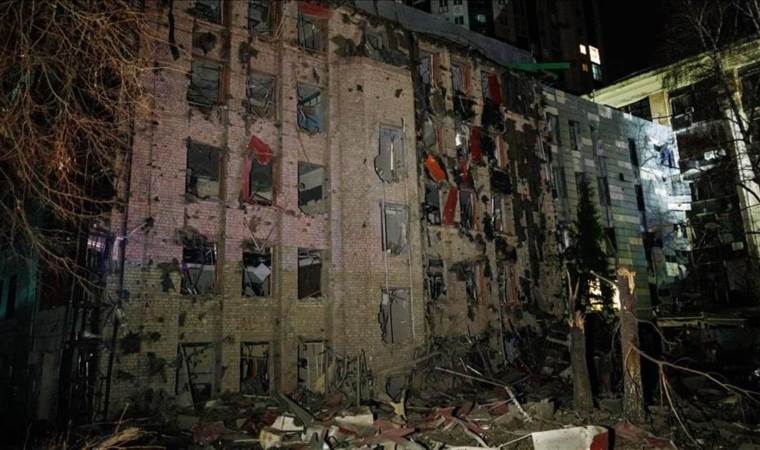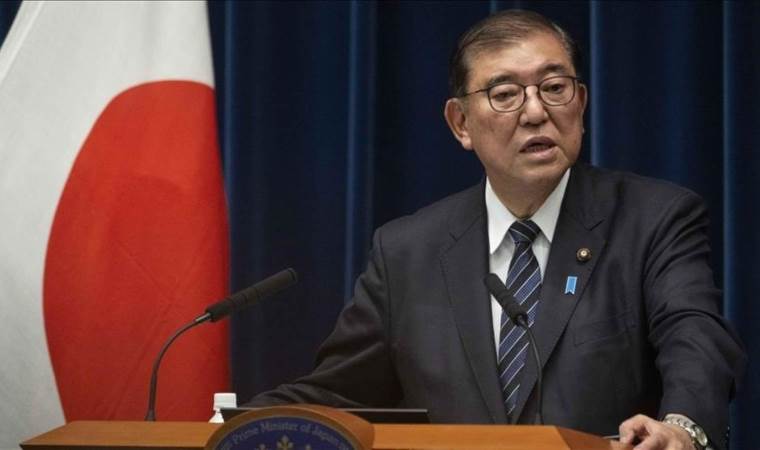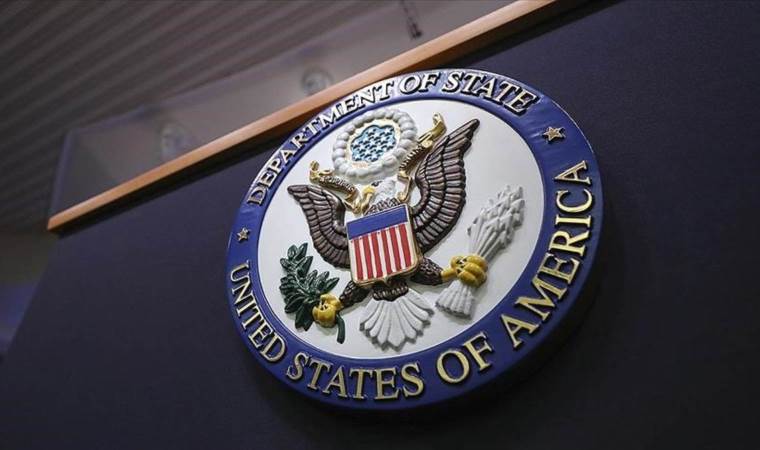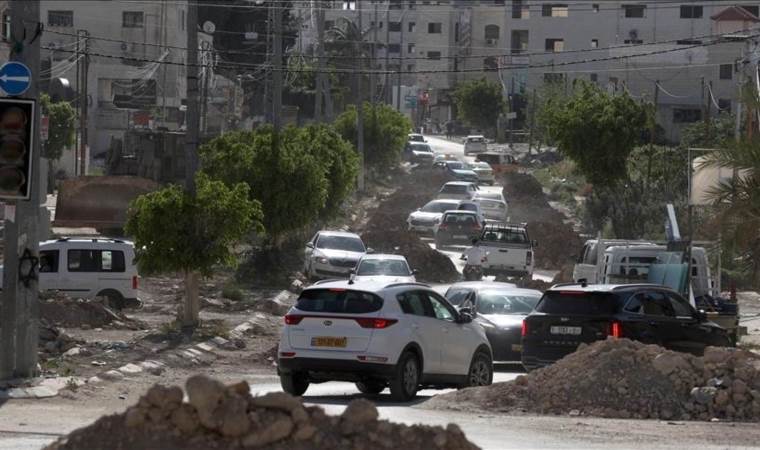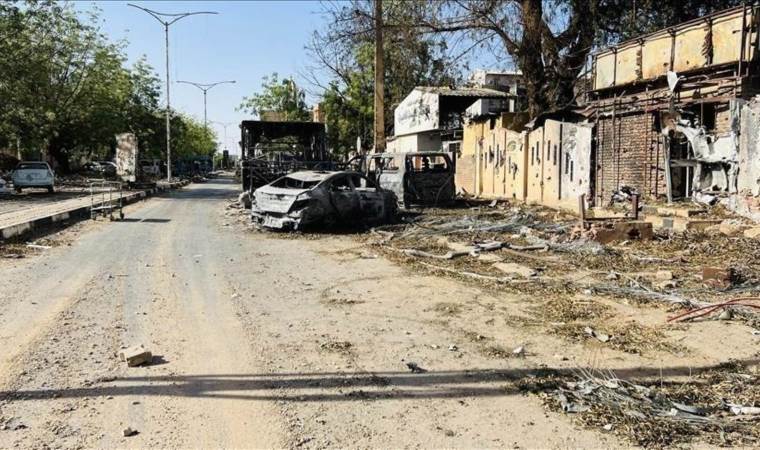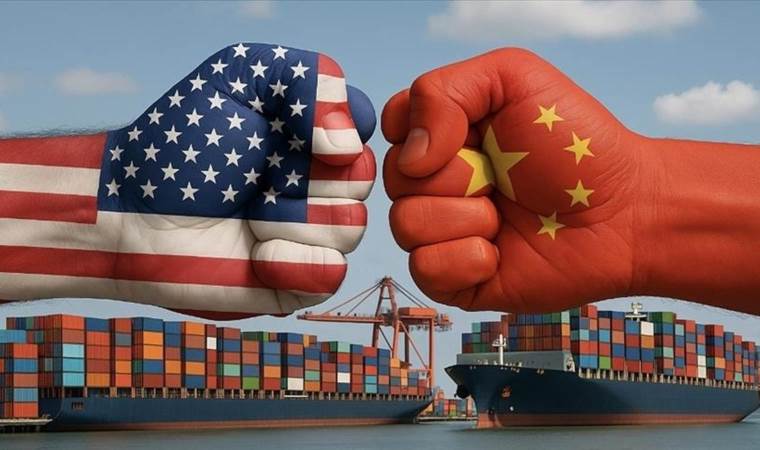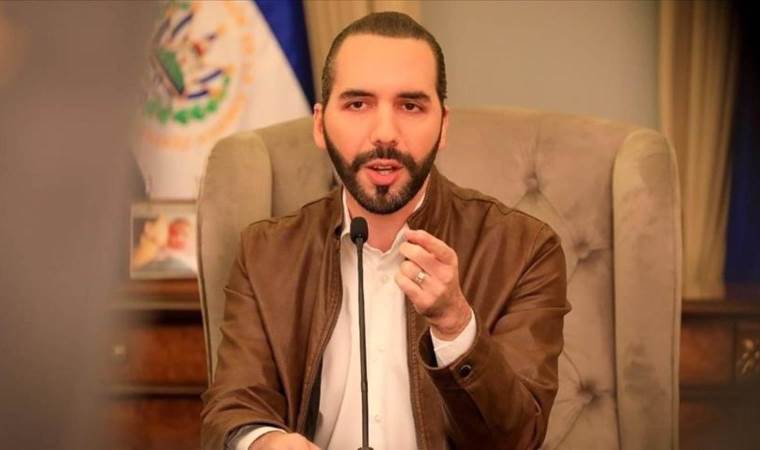UN rights chief urges Bangladesh not to ‘repeat the patterns of the past’
The UN High Commissioner for Human Rights urged Bangladesh on Wednesday “not to repeat the patterns of the past,” stressing that the pursuit of justice for the brutal violence against protestors during the summer uprising was a “priority.”
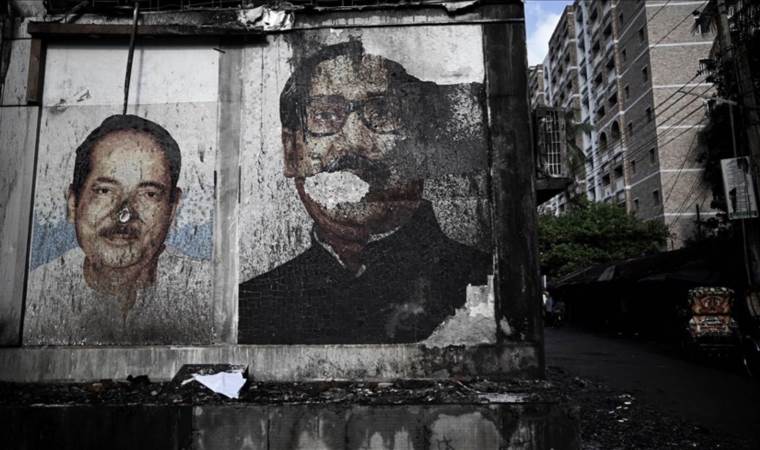
“It is key that criminal cases are not filed against individuals solely on the basis of their previous political affiliation, including members or supporters of the Awami League,” said Volker Turk as he concluded an official visit to the country.
His trip to Bangladesh came more than two months after former Prime Minister Sheikh Hasina fled to India on Aug. 5 following mass demonstrations that led to the end of her 15-year rule.
The student-led protests, which demanded political reforms and accountability, saw at least 736 people killed and more than 22,000 injured, many with bullet wounds, from violent clashes with police, other law enforcement personnel and supporters of the ruling Awami League party.
Following Hasina’s flight to India, a transitional government led by Nobel laureate Muhammad Yunus was established.
Fresh elections are expected to be held within 18 months.
A court on Oct. 17 issued arrest warrants for Hasina and 46 top officials of her government on charges of mass killing and crimes against humanity during the protests.
“Enough with the silencing of dissenting voices. Enough with the acute inequality, discrimination, corruption and abuse of power that had taken hold in the country,” said Turk, according to a statement by his office.
“This time, there must be justice. This time, reforms must be sustainable and durable, so that the abusive practices of the last decades are not repeated,” he added.
Highlighting the importance of justice for the brutal violence against protestors and others, including children, which led to their deaths during the July and August uprising, he said: “After any period of repression, upheaval and violence, there needs to be a national process of truth and healing to move forward.”
However, he cautioned the transitional government.
“Criminal justice is key, but it is crucial to ensure that charges are not brought in haste, and that due process and fair trial standards are upheld throughout, including in the International Crimes Tribunal,” he added.
Most Read News
-
 Pope Francis dies at 88 after prolonged illness: Vatican
Pope Francis dies at 88 after prolonged illness: Vatican
-
 Kremlin ‘satisfied’ with US position ruling out NATO mem
Kremlin ‘satisfied’ with US position ruling out NATO mem
-
 Russia, Ukraine report airstrikes as Putin’s Easter ceas
Russia, Ukraine report airstrikes as Putin’s Easter ceas
-
 Trump ‘values’ talks with Japan, says Premier Ishiba ami
Trump ‘values’ talks with Japan, says Premier Ishiba ami
-
 US scales back development, diplomatic presence in Afric
US scales back development, diplomatic presence in Afric
-
 Israel bans Palestinian minister from occupied West Bank
Israel bans Palestinian minister from occupied West Bank
-
 At least 33 civilians killed in RSF shelling of Sudan’s
At least 33 civilians killed in RSF shelling of Sudan’s
-
 Gold price exceeds $3,400 to reach new record high amid
Gold price exceeds $3,400 to reach new record high amid
-
 China sanctions US lawmakers, officials, NGO heads
China sanctions US lawmakers, officials, NGO heads
-
 El Salvador’s president calls on Maduro to release Venez
El Salvador’s president calls on Maduro to release Venez
